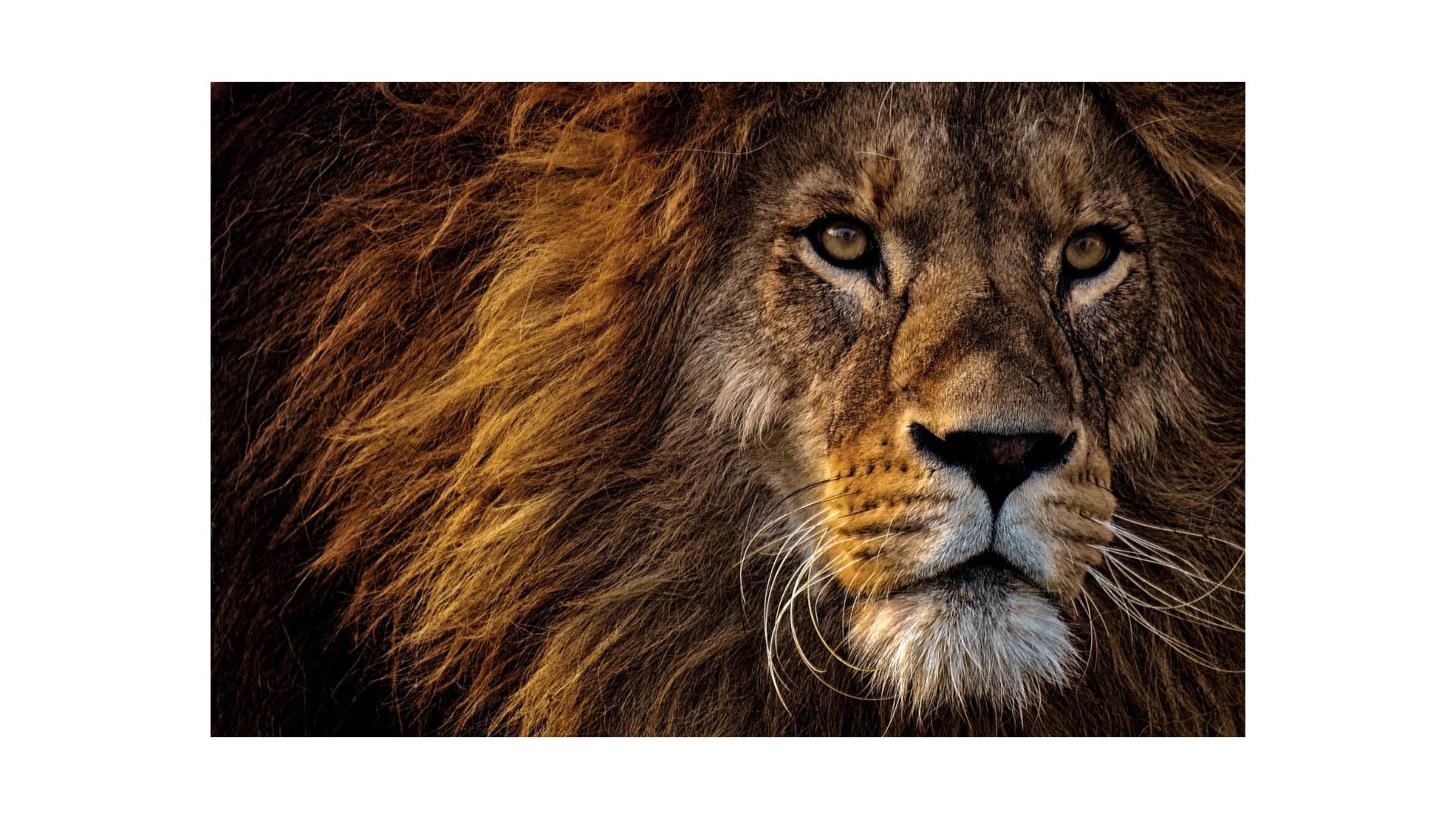Every year between the months of March and April – and in the year 2023, May – Brazilians are concerned about the delivery of the Individual Income Tax Return to the Federal Revenue Service of Brazil, or as it is popularly known, to the lion. But after all, why did the animal become synonymous with the tax, and even more so, with the collecting agency?
Such a question produced a number of popular theories: the lion is the king of the forest, a fierce animal, its bite is to be reckoned with, besides many other features. The Income Tax was first instituted in the country in 1922, by then-President Arthur Bernardes through Law 4625 of the same year. In 1979, the tax became the federal tax that raised the most funds in the country, at which time the Internal Revenue Service, under the command of Secretary Francisco Dornelles, decided to launch a series of advertisements aimed at further expanding the collection.
At this time, the DPZ agency, under the direction of Neil Ferreira, was hired to raise awareness on the tax and its collection. This is how advertisements such as “The lion roars for the first time” appear.
In all media works of the series, the lion and its attributes were used as a key part of the campaign. In one of the clips, a lion appears to be interviewed, amid roars, the reporter translates his lines, and complements with the catchphrase: “The lion is meek and fair, for those who do everything right – lion’s word.” A second piece features a citizen in the role of lion tamer. With the following transcript:
“One day you’re going to have to face the income tax, but you don’t have to be afraid, no one is going to rip you off. Keep your proof of expenses, investments, and withholding. In February you’ll be receiving an instruction manual and the forms. Make your statement calmly, you will see that the lion is meek and knows his place[1].”
Together, more video advertisements were released; in the sequels, a lion appeared delivering the material for the tax return, along with a family in their living room. Again there were slogans like, “As you make your statement, the Income Tax is a kitten, as it turns into a lion.”
It is observed that the choice of the lion as a symbol animal of the Income Tax is due to the imposing nature of the animal, as well as its reasonably calm temperament compared to other large cats, in spite of having one of the most potent bites in the animal world. The image that the agency intended to convey is, therefore, that just like the lion, the Internal Revenue Service does not aim to burden the taxpayer who complies with their tax obligations – conveying the concept of meekness and fairness. The animal’s own strength, however, conveys the agency’s ability to use sanctioning instruments through a stringent inspection, to punish those who fail to comply with its legal dues.
The image of the lion was linked in such a way with the tax and the institution that nowadays the monthly income tax booklet that allows the mandatory advance payment is called “carnê-leão” (lion booklet).
Although today the Brazilian Internal Revenue Service no longer uses the image of the lion in official advertisements, the animal is still used as a mascot of the institution. Recently redesigned with a more docile aspect and named “Leo,” it can be found in the role of Virtual Assistant of the agency, on its website.
In order to avoid the bite of the beast, it is enough to be up to date with the Income Tax return. For this purpose, it is possible to search who must submit the Individual Income Tax Return in the list below:
- Those who received taxable income amounting to more than BRL 28,559.70 per year, or about BRL 2,380.00 per month.
- Received income exempt, non-taxable or taxed exclusively at source above BRL 40,000.00 per year.
- Obtained capital gain by selling assets or rights subject to tax payment.
- Carried out operations on the stock exchange, commodities and the like, and sold above BRL 40,000.00 or ascertained capital above the exemption limit;
- Obtained with rural activity income above BRL 142,798.50, or intends to offset, in the calendar year 2022 or later, losses from previous calendar years or from the calendar year 2022 itself.
- Has, on December 31st, possession or ownership of assets or rights amounting to more than BRL 300,000.00.
- Opted for the exemption of Tax Income levied on the capital gain earned on the sale of residential properties, if the proceeds of the sale are used in the acquisition of residential properties located in the country, within 180 days of the conclusion of the sales contract.
This year, the deadline for filing the Tax Return will be May 31. Whether for the Lion, or for Leo, bear in mind that tax obligations must be fulfilled by all citizens who fit the above descriptions.
[1]Available at: (138) O Leão ruge pela primeira vez – Parte 2 – YouTube
Available at: https://www.estadao.com.br/politica/blog-do-fausto-macedo/o-rei-da-selva-e-a-rainha-dos-tributos-por-que-o-leao-e-o-simbolo-da-receita-federal-do-brasil/
Autor: Flávia Sant'Anna Benites • email: flavia@ernestoborges.com.br • Tel.: +55 67 99984 1406

